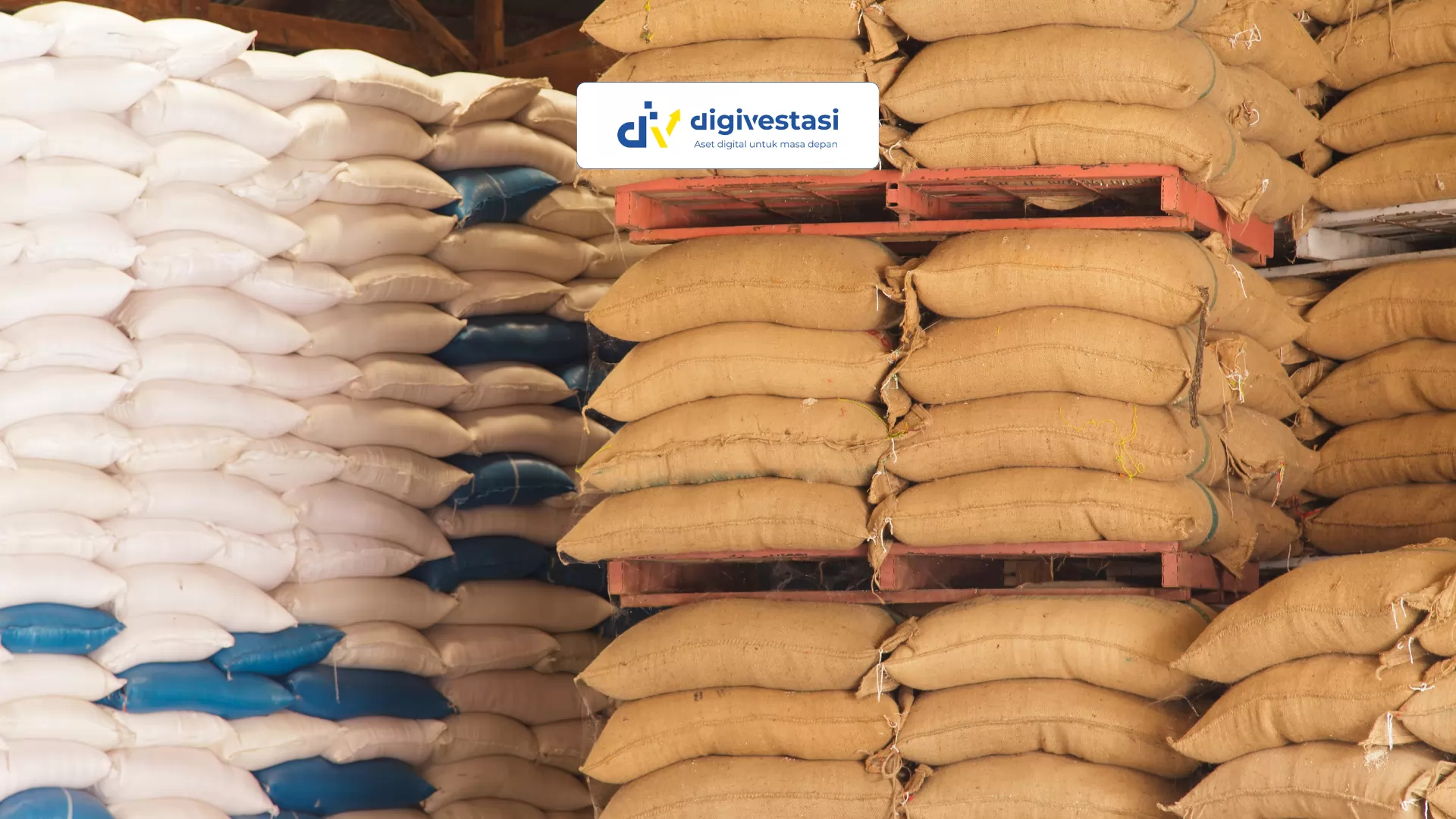
Crypto News
Deutsche Bank Set to Become Banking Partner for Bullish - The Crypto Exchange Listed on NYSE!
/index.php
Bisnis | Ekonomi - Posted on 18 July 2025 Reading time 5 minutes

The government revealed that the practice of mixing rice in Indonesia has caused massive losses, reaching nearly IDR 99 trillion each year. This statement was delivered by Minister of Agriculture Andi Amran Sulaiman after conducting an investigation into 212 rice brands—both medium and premium categories—suspected of blending lower-quality rice, reducing packaging weight, and relabeling products to appear more premium, as reported by detik.com.
Tests on 4 million tons of rice in 13 laboratories, including Sucofindo, showed that 85% failed to meet quality standards. Among these, approximately 350,000 tons have already circulated in the national market. Amran described the practice as “24-karat gold that is actually only 18-karat” — sold at premium prices without matching quality.
The modus operandi typically involves mixing bulk rice into premium rice and then repackaging it with a lighter weight than stated. For example, a package labeled 5 kg contains only 4.5 kg. The price difference per kilogram ranges from IDR 1,000 to IDR 2,000, which, when calculated nationally, amounts to tens of trillions of rupiah annually.
An investigation by the Ministry of Agriculture and the National Police Food Task Force, conducted from June 6 to 23 across 10 provinces, discovered 268 samples from 212 problematic brands. Currently, four major producers—including Wilmar Group, Food Station Tjipinang Jaya, Belitang Panen Raya, and Japfa Group—are under examination by the National Police’s Criminal Investigation Unit.
The Indonesian Rice Milling Association (Perpadi) urged the government to publicly disclose the identities of the perpetrators. They also emphasized the importance of enforcement across the entire supply chain to protect both farmers and consumers.
This case has sparked public concern and is considered to harm consumer purchasing power while undermining trust in local food commodities. Amran stressed that strict enforcement would protect consumers and improve farmers’ welfare. He also proposed severe sanctions against companies found to be involved.
Perpadi added that governance in the rice sector must be strengthened. The government is advised to resume a dominant role in food distribution to ensure consumer protection and the sustainability of farmers’ businesses.
The mixed rice scandal exposes weak quality control within the national food supply chain and highlights potential public losses of up to IDR 100 trillion per year. Testing of thousands of tons of rice underscores the urgent need for trade reform and strict legal enforcement. Comprehensive reforms—ranging from inspections and packaging regulations to law enforcement—are seen as key steps to restore public trust, strengthen farmer welfare, and create a fairer, more transparent food ecosystem.
What do you think about this topic? Tell us what you think. Don't forget to follow Digivestasi's Instagram, TikTok, Youtube accounts to keep you updated with the latest information about economics, finance, digital technology and digital asset investment.
DISCLAIMER
All information contained on our website is summarized from reliable sources and published in good faith and for the purpose of providing general information only. Any action taken by readers on information from this site is their own responsibility.